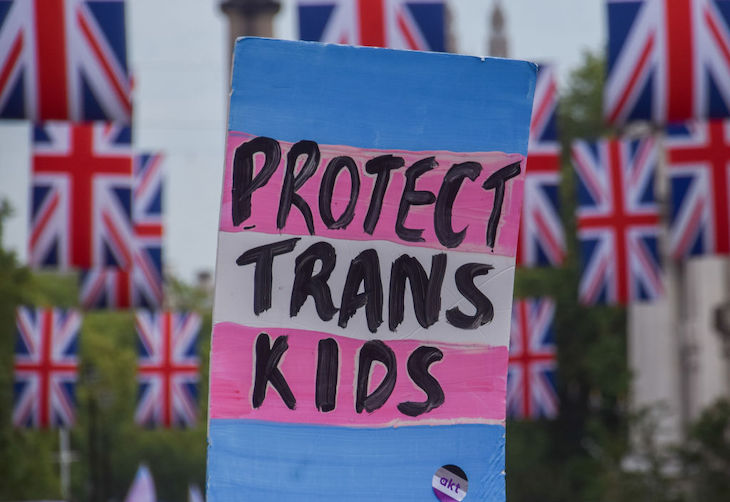Dr Hilary Cass’s long-awaited review into healthcare for transgender children and young people was released this week. Her verdict was damning, and was delivered with Swiftian understatement:
‘The adoption of a medical treatment with uncertain risks, based on an unpublished trial that did not demonstrate clear benefit, is a departure from normal clinical practice.
Already a subscriber? Log in
Subscribe for just $2 a week
Try a month of The Spectator Australia absolutely free and without commitment. Not only that but – if you choose to continue – you’ll pay just $2 a week for your first year.
- Unlimited access to spectator.com.au and app
- The weekly edition on the Spectator Australia app
- Spectator podcasts and newsletters
- Full access to spectator.co.uk
Or




















Comments
Don't miss out
Join the conversation with other Spectator Australia readers. Subscribe to leave a comment.
SUBSCRIBEAlready a subscriber? Log in